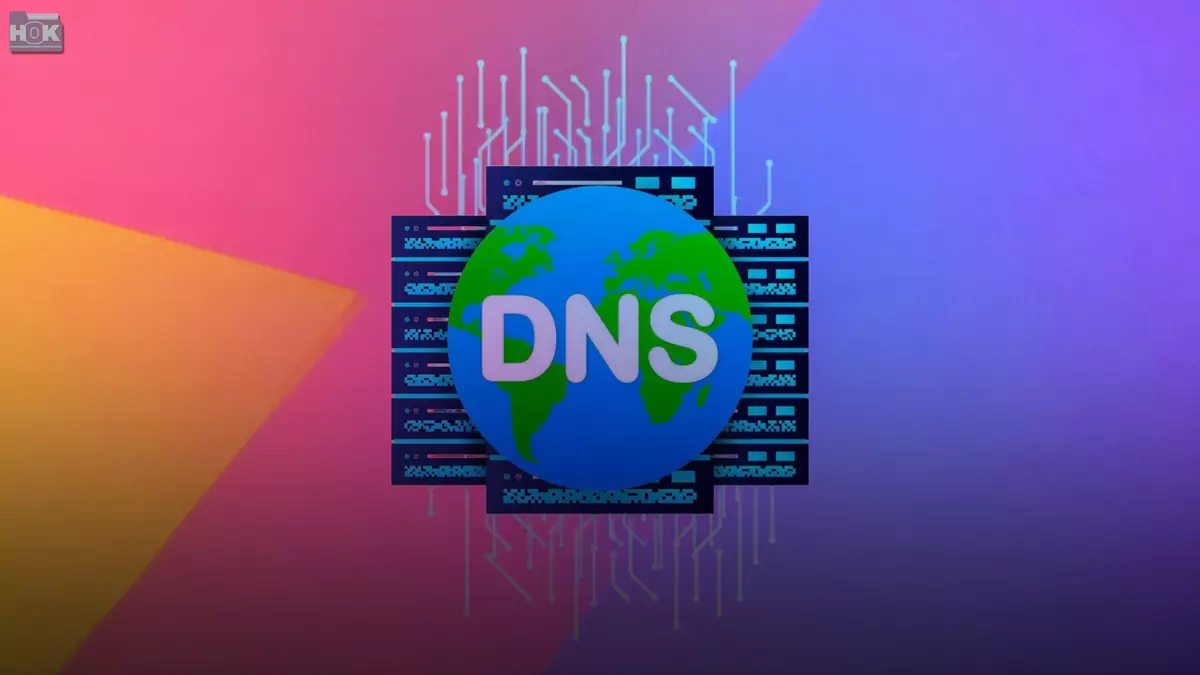What are the advantages of hosting your own DNS server? Is that right for you? In this article, we will discuss the pros and cons of having a private DNS server and examine the advantages, such as increased privacy, security, and control over your online usage.
We will also discuss the challenges, such as technical complexity, potential reliability issues, and security risks. By the end of this article, you can make an informed decision about whether hosting your own DNS server is the right choice for you.
Whether you’re a homeowner looking to take the next step in improving your network, are interested in increasing network speed and responsiveness, or are concerned about privacy, adding a dedicated DNS server to your network is fun (and relatively easy) and has many benefits.
A DNS server is lightweight, so it can run on something as small as an SBC like a Raspberry Pi and is responsible for resolving URLs from your IP address. Whatever your motivation, we think it’s a great addition to your network, and here are our top reasons why.

Top Reasons to Implement a Custom DNS Server
Adding a dedicated DNS server to your network is a smart move for anyone looking to improve network performance, privacy, and security. These are the main reasons to consider implementing a custom DNS server:
Greater speed and agility
- Faster DNS lookups: You can dramatically reduce DNS lookup times by using a dedicated DNS server configured for your local network or region. Public DNS providers like Google DNS or Cloudflare typically offer faster and more accurate results than your ISP’s default DNS servers.
- Caching benefits: Custom DNS servers cache DNS responses, reducing the need to resolve the same domain name over and over again. This allows for faster access to frequently visited websites.
Greater privacy
- Share less information with your ISP: When you use your ISP’s DNS servers, they can track your browsing history. By configuring your own DNS server (or using a privacy-focused DNS provider like Cloudflare or Quad9), you reduce the risk of surveillance and data logging.
- DNS over HTTPS (DoH) or DNS over TLS (DoT): Many custom DNS configurations enable encrypted DNS protocols, protecting your DNS queries from eavesdropping. This means your ISP or third parties cannot track your web activity using DNS queries.
More security
- Block malicious sites: A dedicated DNS server can block access to known malicious websites. Services like Pi-hole, which often runs on Raspberry Pi, prevent malware and ad sites from loading your device, protecting your network from malicious content.
- DNS filters: Custom DNS servers provide built-in filtering options to block inappropriate content or prevent access to specific types of websites based on categories such as games, adult content, social networks, etc.
Network configuration and control
- Local DNS records: With a dedicated DNS server, you can easily configure local DNS records for devices on your network. For example, you can give your local device a friendly name and make it easier to access by name (for example, printer. local instead of an IP address).
- Advanced features: Some DNS server applications, such as Unbound or BIND, offer additional configuration options that allow you to fine-tune network behavior, configure DNSSEC for secure DNS queries, or manage queries based on other criteria.
Bypass censorship and geo-blocking
- Access restricted content: Some countries or regions block access to certain websites or services through DNS filters. By running your own DNS server or using a third-party service with a global DNS infrastructure, you can bypass these restrictions and access the Internet freely.
- Geo-independence: Dedicated DNS servers can be configured to route traffic through different countries, which can help you avoid geo-blocking issues when accessing content or services that may be restricted to your location.
Learning and personal development
- Networking knowledge: Setting up and maintaining your own DNS server is a great learning opportunity for those interested in networking, IT infrastructure, and privacy. It allows you to delve deeper into DNS protocols, security measures, and troubleshooting.
- Expand your home lab: If you have a home lab, running your own DNS server can be a worthwhile project that adds value to your network. It’s a low-cost, low-maintenance job that can significantly improve your lab environment.
Personal logging and monitoring
- Custom scanners: Some DNS servers, such as Pi-hole, offer detailed DNS query logs, which allow you to see what websites your device is trying to access. This can be useful for monitoring network activity or diagnosing problems. You can set up alerts or notifications for specific events.
- Audit and Monitoring: With a custom DNS server, you gain full visibility into all DNS traffic on your network, making it easier to track malicious activity or detect unwanted programs trying to access specific websites.
Easy to set up on lightweight devices
- Low power consumption: DNS servers are resource intensive, making them ideal for small, low-power devices like the Raspberry Pi. This makes the project accessible to almost anyone with minimal hardware, saving power and costs in the long run.
- Minimal maintenance: Once set up, DNS servers typically require little maintenance. You can configure your DNS server to automatically update itself with new blocklists, security patches, or other optimizations.
Is Hosting Your Own DNS Server at Home Right for You?
Hosting your own DNS server at home can be a rewarding experience, but it’s not for everyone. Here are the pros and cons to help you decide:
Advantages
- Improved privacy: You have complete control over your DNS queries and prevent ISPs and other third parties from tracking your browsing habits.
- Increased security: You can implement custom filters and security measures to protect your network from malicious DNS attacks.
- Local network management: Easily manage your local network devices with DNS entries, making them easier to remember and access.
- Customization: You can customize your DNS server to suit your needs, such as blocking malicious ads or websites.
Cons:
- Complexity: Setting up and maintaining a DNS server takes time and technical knowledge.
- Reliability: Residential Internet connections are less reliable than commercial DNS providers, which can lead to intermittent service.
- Security risks: Misconfigured DNS servers can be vulnerable to attacks that can compromise your network security.
- Cost: While the initial cost is low, you may need to invest in additional hardware or software to ensure optimal performance and security.
Does it work for you?
- Evaluating privacy and security.
- You have technical experience or are willing to learn.
- You have a reliable home internet connection.
- You need to update and monitor your DNS.
Conclusion
Hosting your own DNS server offers significant benefits, such as increased privacy, enhanced security, and more control over your online experience. It’s important to weigh the potential downsides, such as technical complexity, reliability issues, and security risks. If you can overcome the technical challenges and have a reliable Internet connection, hosting your own DNS server can be a worthwhile endeavor. However, if you value simplicity and reliability, using a trusted commercial DNS provider may be a better choice. Ultimately, the decision to host your own DNS server depends on your personal needs and priorities. Carefully weigh the pros and cons to determine if this is the right choice for you.


